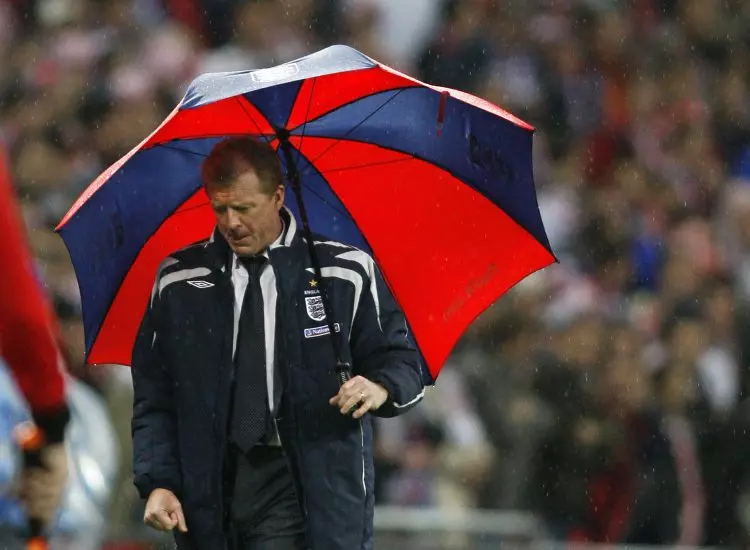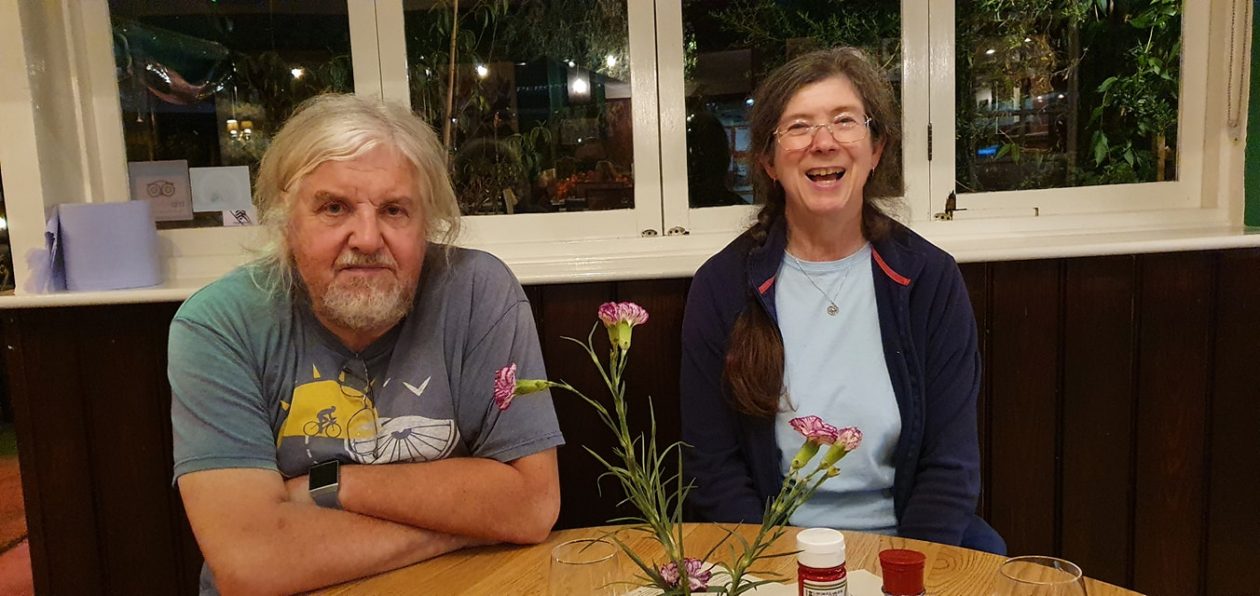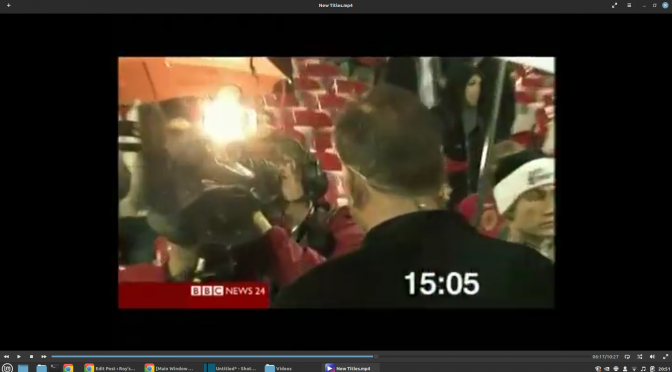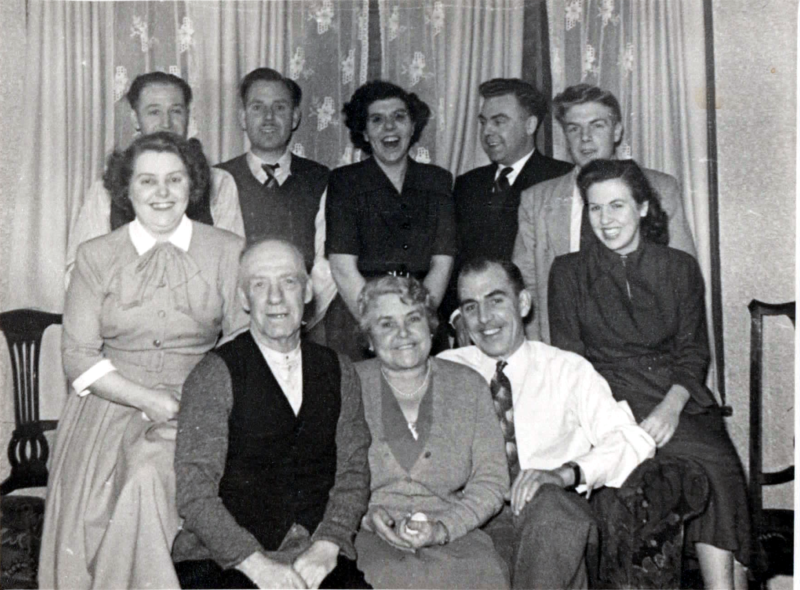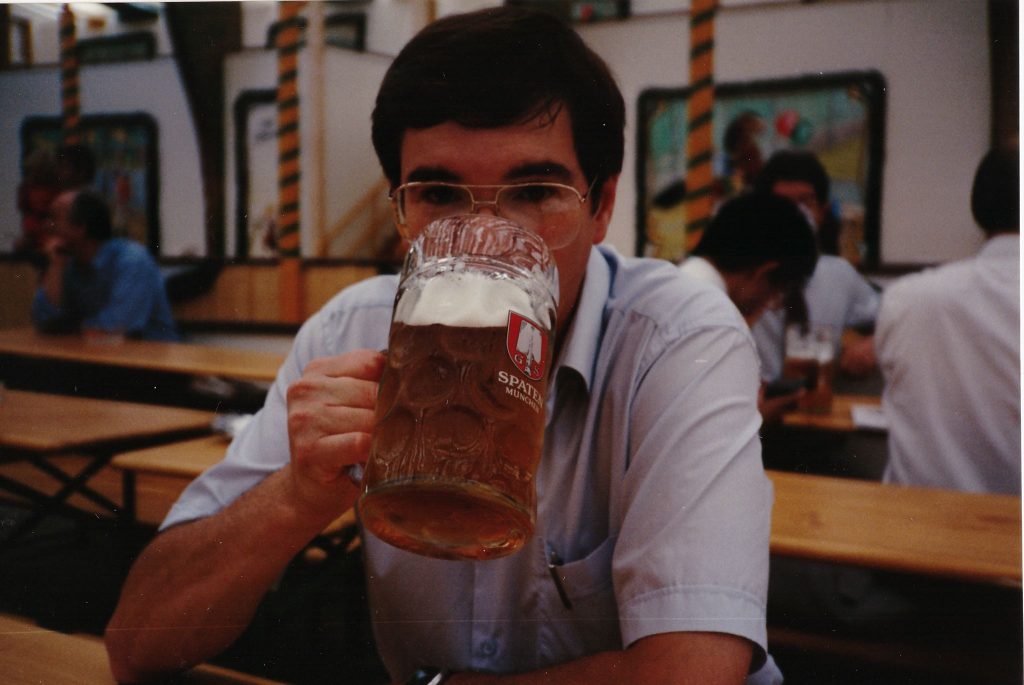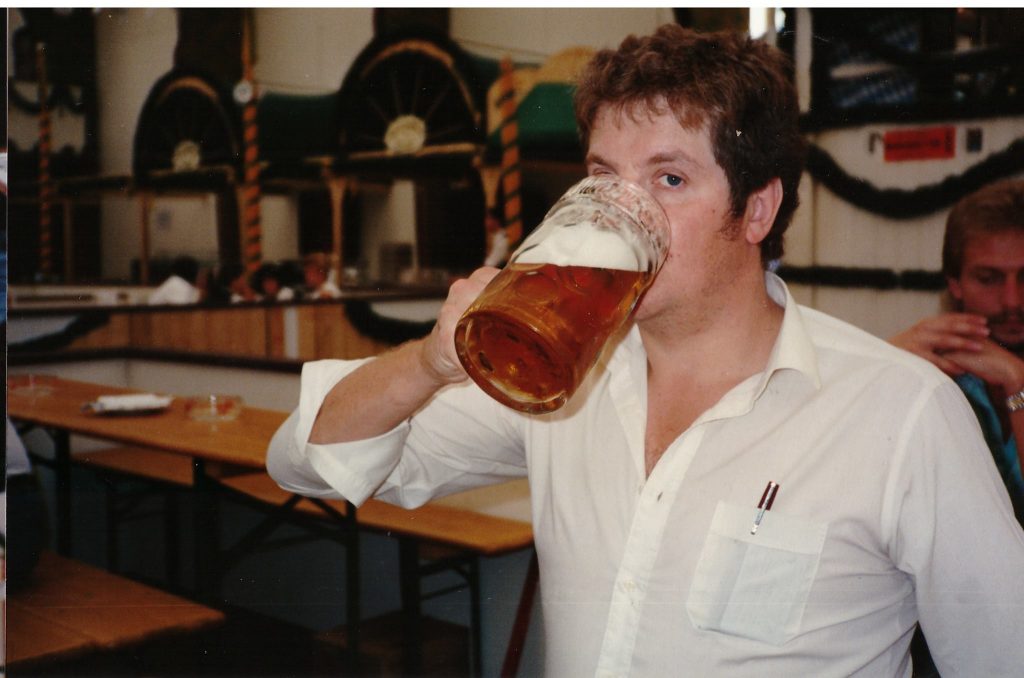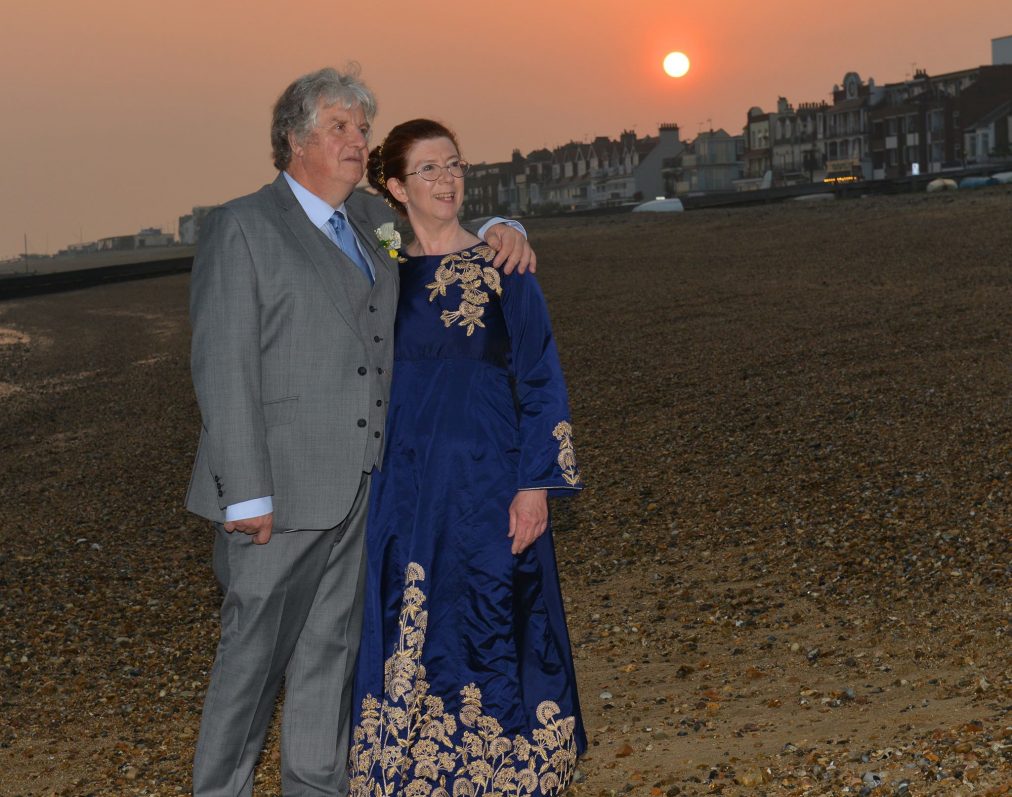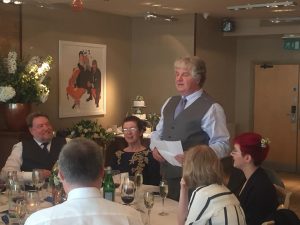About twenty five years ago–long before Who Do You Think You Are– I started looking into my family history, just out of curiosity.
Back then, there was no internet, no Ancestry, no electronic indices and the search procedure was rather tedious so it took me quite a while to track down very much at all.
Over the years, though, I built up a patchy but reasonably accurate (I hope) picture of my ascending family tree.
Mostly it’s fairly mundane. The Gilletts and the Clares (my mother’s family) were mostly “ag labs”–agricultural labourers–in the nineteenth century and even when they migrated to the towns and cities in the late nineteenth and early Twentieth centuries they remained mostly unskilled.
I was, though, oddly fascinated by one particular ancestor and her life. It took a while to put it together. In fact, I ground to a halt on a bit of a problem and stopped looking for quite some time until about ten years ago I got to talking to Karen about it and she managed to break the logjam.
But this isn’t the story of how we unearthed it; this the the story we unearthed.
Her name was Elizabeth Philips and she is one of my Great Great Great Grandmothers.
Elizabeth Philips was born to Anne (born Trehearne) and William Philips in Upton on Severn in Worcestershire in 1804, they having married in August the previous year. She was baptised there on the 22nd of July and that’s really all I know about that. There’s some information regarding William and Anne in later life, including a couple more children (Hannah, 1806 and Joseph, 1815) but little else.
Elizabeth didn’t trouble any other official records that I know of until 1835 when she had her second child, Ann, baptised at Saint Martin’s in the city of Worcester. I have no way at the moment of knowing how she came to leave Upton on Severn to the city. I know Ann was at least her second child because she also recorded an older brother, James, in the census of 1841 but I haven’t turned up evidence of his birth or baptism–which would have been sometime around 1829 or 1830. She didn’t mention a father for Ann and it wasn’t until the 11th of December 1838 that she married. Her husband was Edwin Gillett, a plumber and glazier originally from farming stock in Gloucestershire–perhaps tenant farmers, perhaps ag-labs; I haven’t been able to find out.
Was Edwin Ann’s father? I have no idea. He might have been, but there’s no evidence of it. He would have been eighteen or so at the time. He was born to a Charles and Mary Gillett, in a small Gloucestershire village called Temple Guiting in 1813.
Edwin and Elizabeth did definitely have one child, John, born in October 1839, but he only lived for six months before being carried off by Tuberculosis in the spring of 1840. Edwin, sadly, had gone before, also succumbing to TB in December of 1839.
And so in the first national census, taken in April of 1841, we find Elizabeth, James and Ann living in Water Course Alley in central Worcester. It seems likely that it was a bit of a slum. My first thought was that, from the name, it was canalside, but a more or less contemporary map shows houses on the alley marked as “City Ditch (site of)” Presumably the ditch was built over. . Water Course alley isn’t there any more of course. It’s now a municipal car park between Queen Street (which does survive, at least in name, from 1841) and the A34, constructed on the course of Silver Street.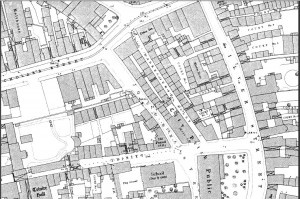
It must have been a hard life for Elizabeth, what we’d now call a lone parent, faced with bringing up two children once Edwin died. Ann was quite young, only about 6 and James was 12. He was in fact working, as a “twine spinner” which is part of the process of ropemaking but at the age of 12 he couldn’t have been getting paid very much.
Elizabeth was a “gloveress” which is interesting in itself. According to Amanda Wilkinson, a historian specialising in 19th century female work, in Worcester it was very often a cover for prostitution.
https://19thcenturyhistorian.wordpress.com/2014/02/14/g-is-for-gloveress/
Glove making was skilled and delicate work, but appallingly badly paid and so many gloveresses supplemented their income on the streets. I can’t help wondering if that’s how Elizabeth found herself with two fatherless children by the age of 30.
Incidentally, fans of Terry Pratchett may be noting the similarity to the profession of “seamstress” in Ankh-Morpork. I’m sure it’s not an accident. Sir Terry was very well versed in social history and must have been aware of the realities facing single women in poverty.
She wasn’t single for all that long. In early 1843 she married one Henry Lewis, a widower and (according to the census) neighbour in Water Course Alley. Henry was a cordwainer, or shoemaker, also a highly skilled trade. Henry and Elizabeth then fade from official records for ten years. I’ve never managed to find them in the census for 1851 but in 1853 Henry died at the age of 39 (He was probably born in 1813 although there’s no definite record I can find) The cause of death was recorded as a “fit of apoplexy brought on by intoxication,” which is alarming, His place of death was a street called Lowesmoor, only a short distance from Watercourse Alley. Elizabeth, James and Ann were on their own again.
Until May 1855, when Ann had a child of her own. And here it gets just a little murky. Ann’s child was registered as William Gillett CRANNAGE. She gave the little boy “Gillett “ as a given name after her mother’s first husband. Does that suggest that Edwin was in fact her natural father?
William’s father was named as a William Crannage, a “stoker at the gas works” but nowhere is there any record of a marriage between them. Six years later in the census of 1861 young William was living with his mother, grandmother and uncle James all under the name of Lewis in Pheasant St, again, very near Watercourse Alley. Of William Crannage there is no sign. There are a handful of candidates appearing in various census records but none I can definitely pin down as the father, the Elizabeth was working then as a laundress–possibly a little too old to carry on as a “gloveress”–as was Ann, and James had become a boatman.
In 1862, at the end of August, Ann (as Ann Gillett) married a Seria Gunnell and then with somewhat indecent haste, had a child in early 1863. Make of that what you will. It seems she left Elizabeth’s home but didn’t take William with her, as the 1871 census shows just Elizabeth and William living together: Elizabeth as Elizabeth Lewis, widow and laundress, and William as William C. Gillett, a labourer. There is no mention of James; I’ve never found any definite trace of him since. Ann, meanwhile had given Seria three more children.
Elizabeth was quite old by then and at some point in the next six years she went into the workhouse where she died of “senile decay”–effectively old age–on the 2nd of May 1877. She would have been 73, not a bad age for a working class woman in Victorian England I think. I’d really like one day to have a sight of whatever records of the workhouse survive.
William Gillett/Crannage/Lewis–take your pick; he did–married a local girl, Jane Stevens, in 1878 and had eleven children, one of whom, William Alfred, was my grandfather. The eldest child was a girl, whom they named Elizabeth Ann. I find it interesting that William honoured his grandmother first.
There is one odd fact. William married Jane under the name of Crannage, that was what was originally on the marriage certificate and in the register, but all the children were registered as Gilletts and in 1921 their marriage certificate was formally amended to show that the then William Gillett was the William Crannage who had married 43 years previously. Karen has suggested that this was to validate an entitlement to a pension that was going to kick in at the age of seventy.
It leaves me wondering, though. It seems that by strict linear paternity, I’m not really a Gillett at all, but possibly a Crannage. There’s no guarantee that Edwin was even my genetic three-greats grandfather through Elizabeth. Who, in fact, do I think I am?
But this isn’t my story. It’s the long and hard life of Elizabeth Philips. She had three children by at least two different fathers, both of whom she outlived, and brought up an abandoned grandchild as her own. She was a survivor and in a curious way, I’m kind of proud of her.
